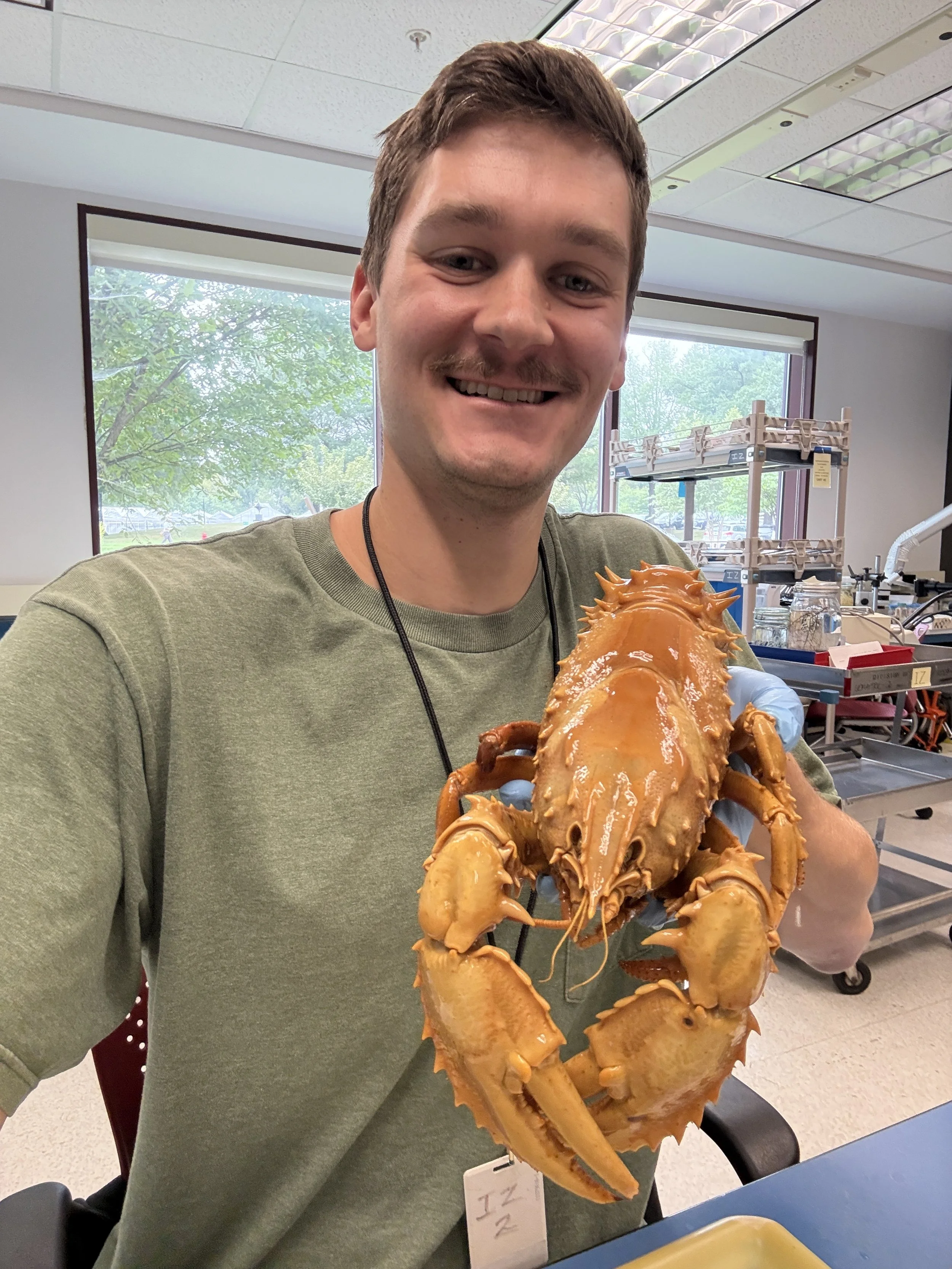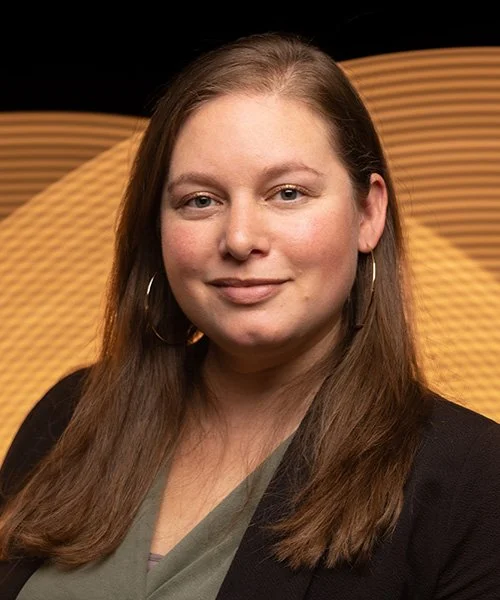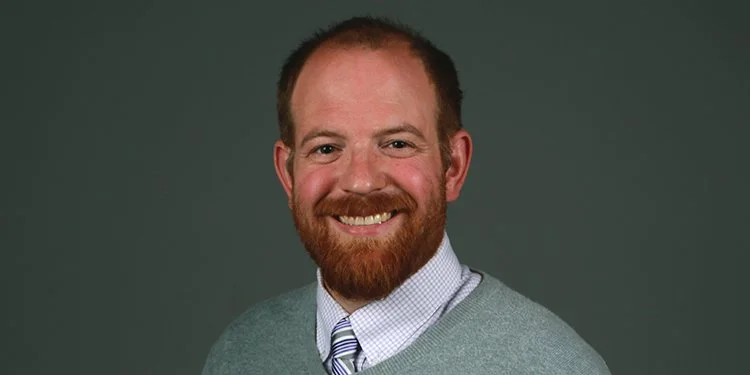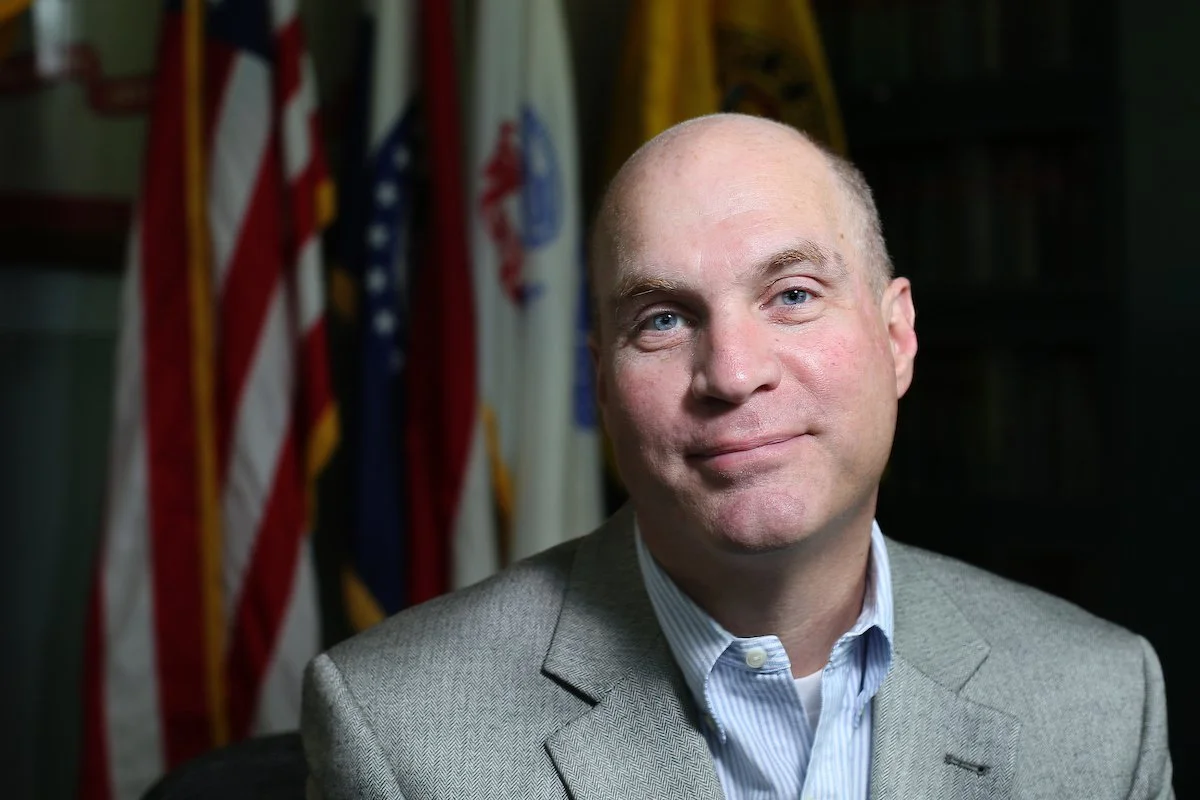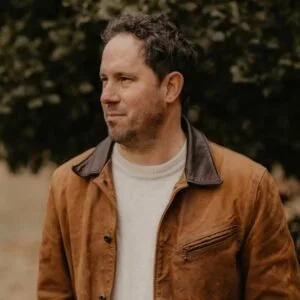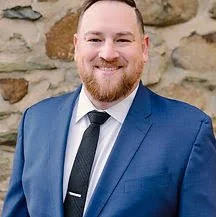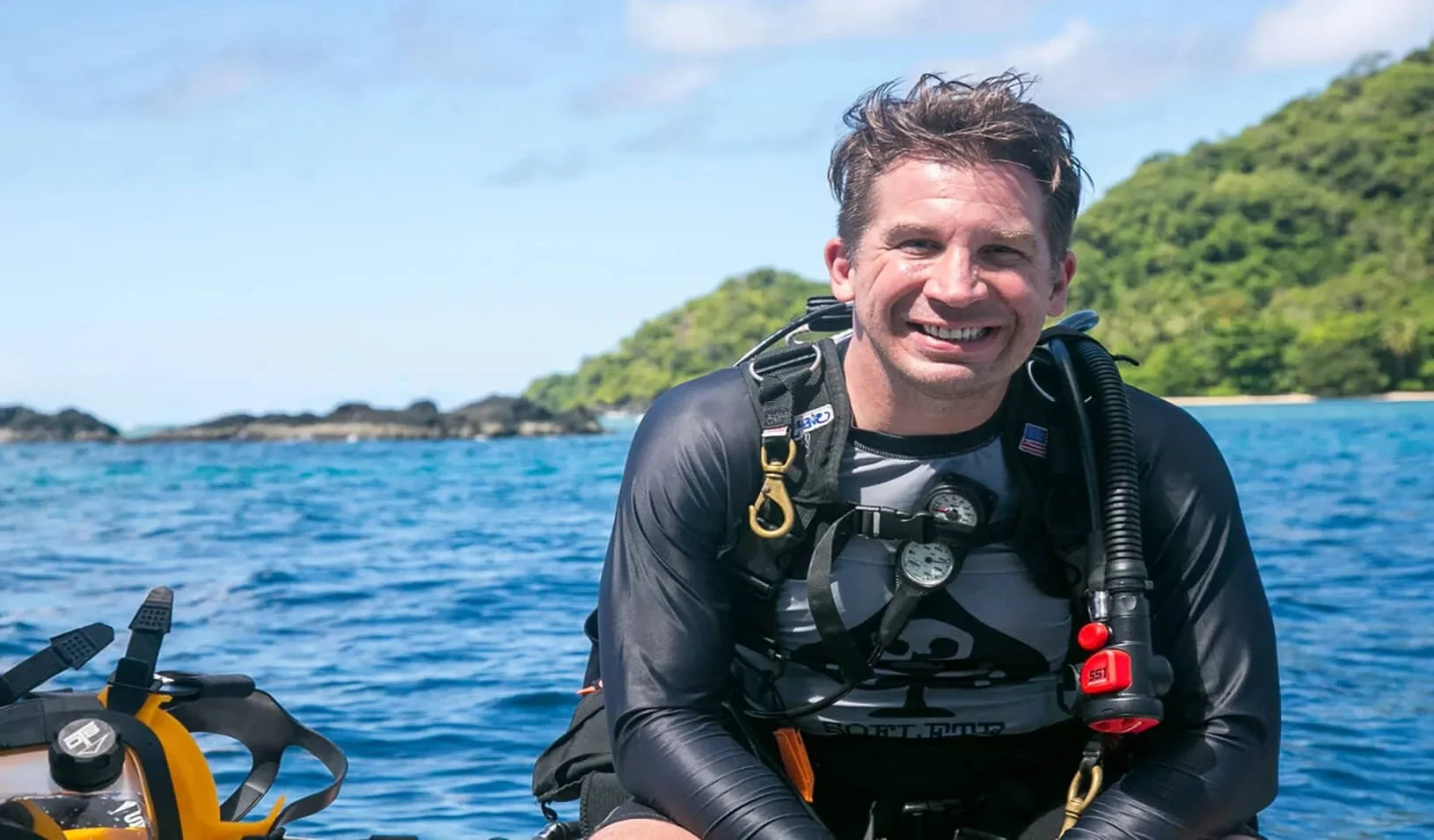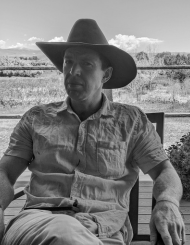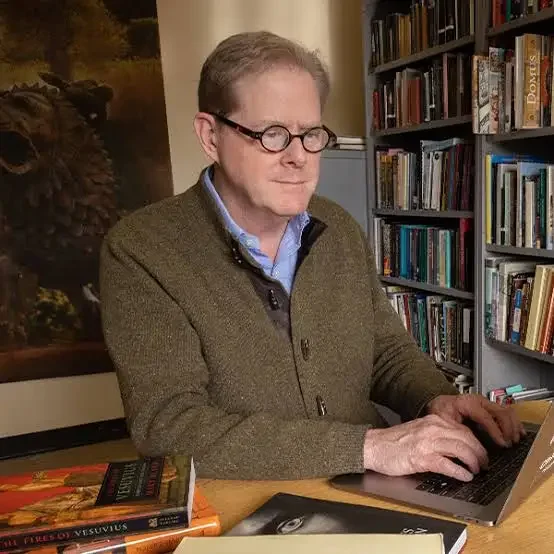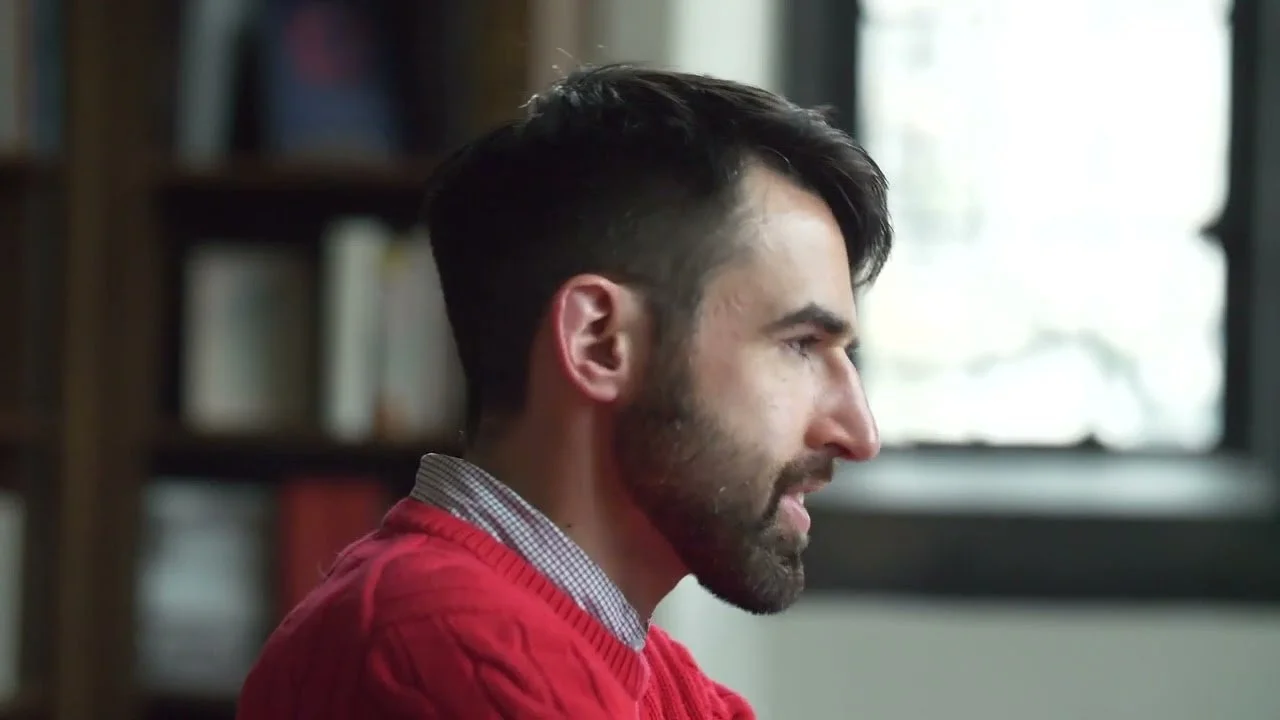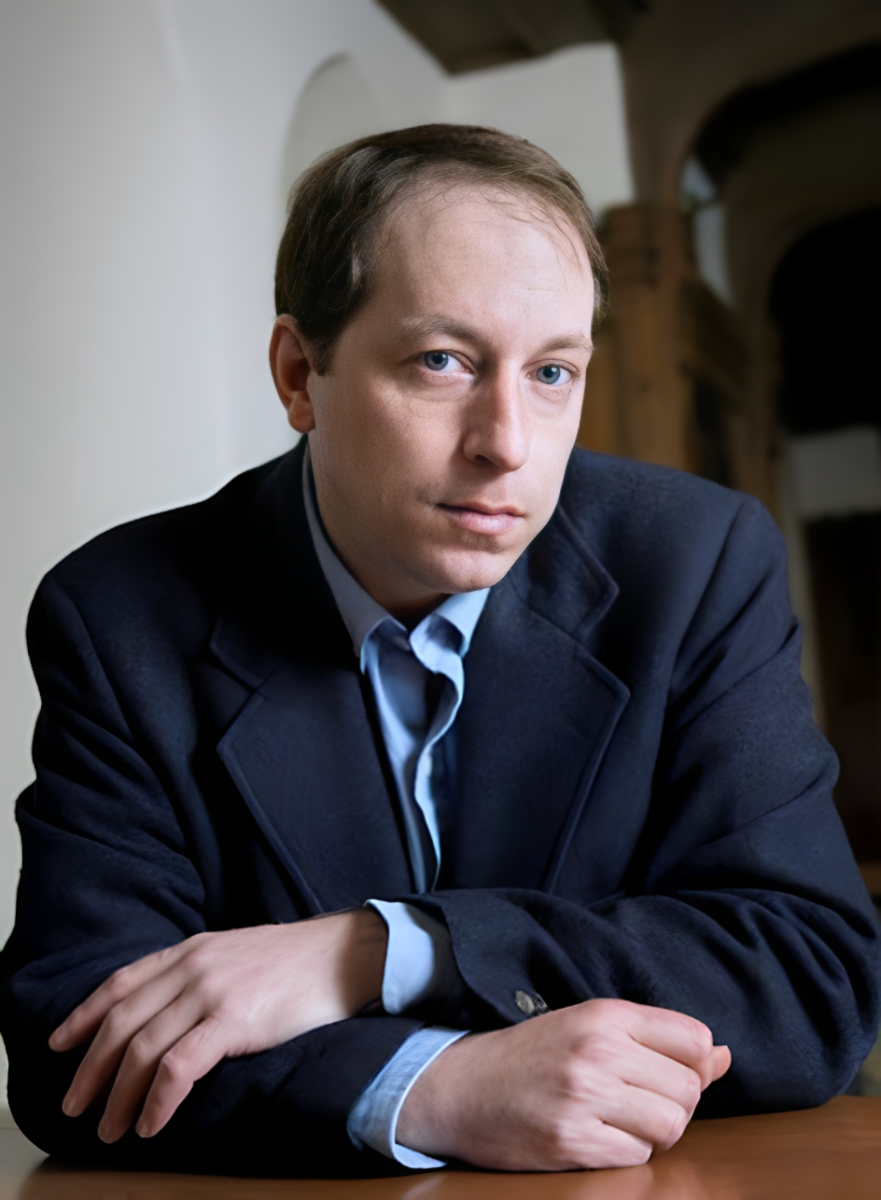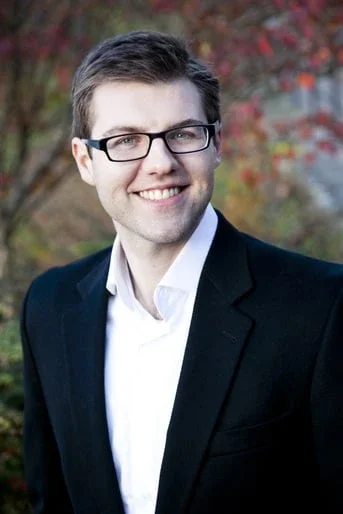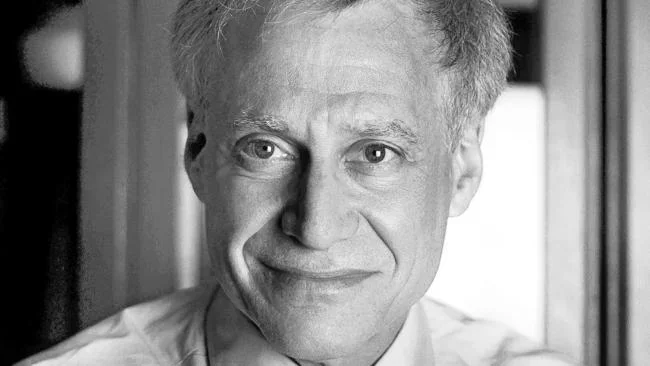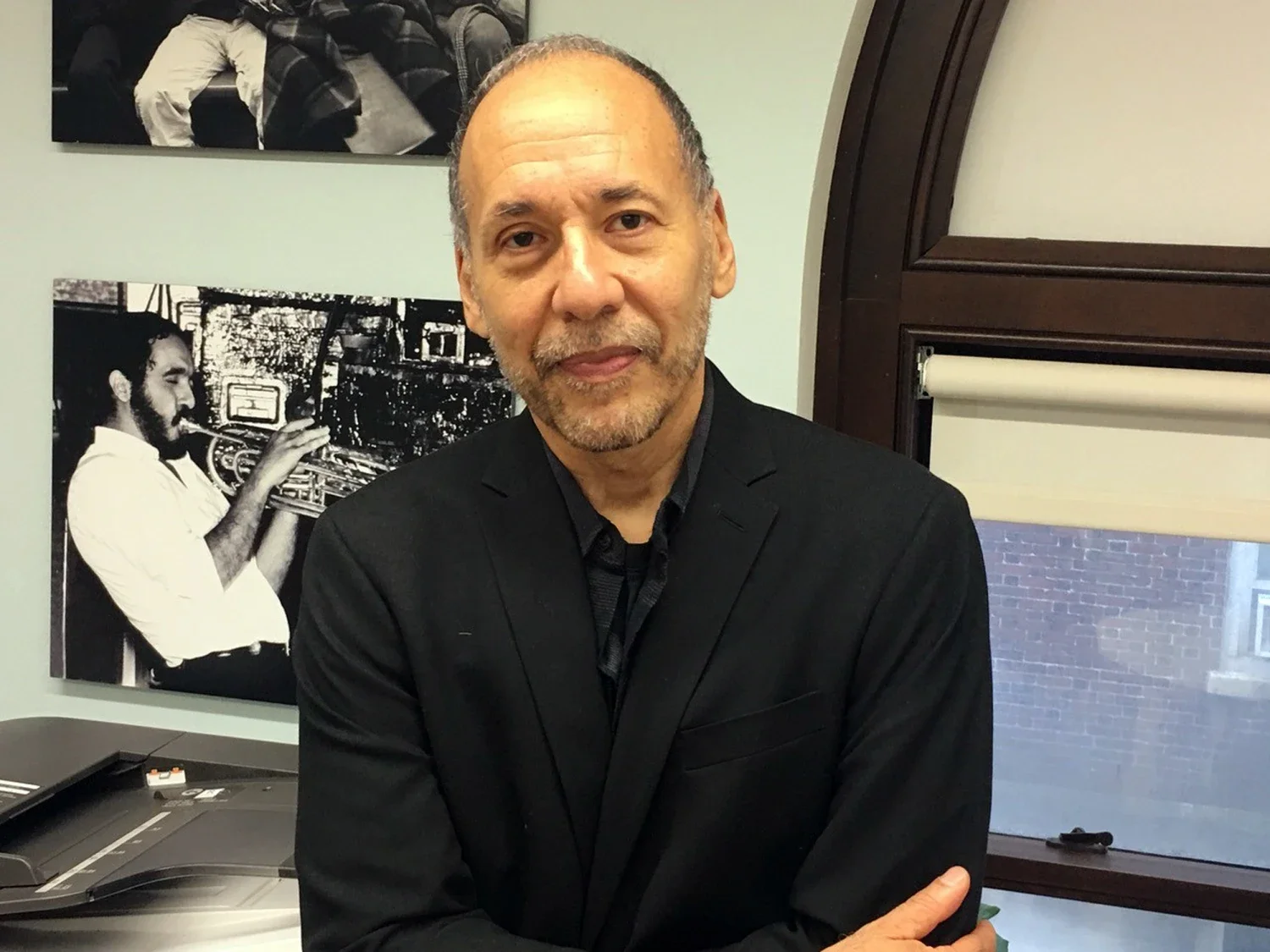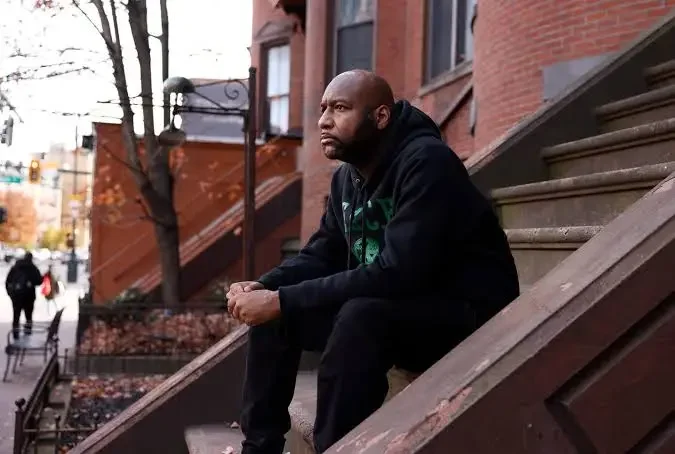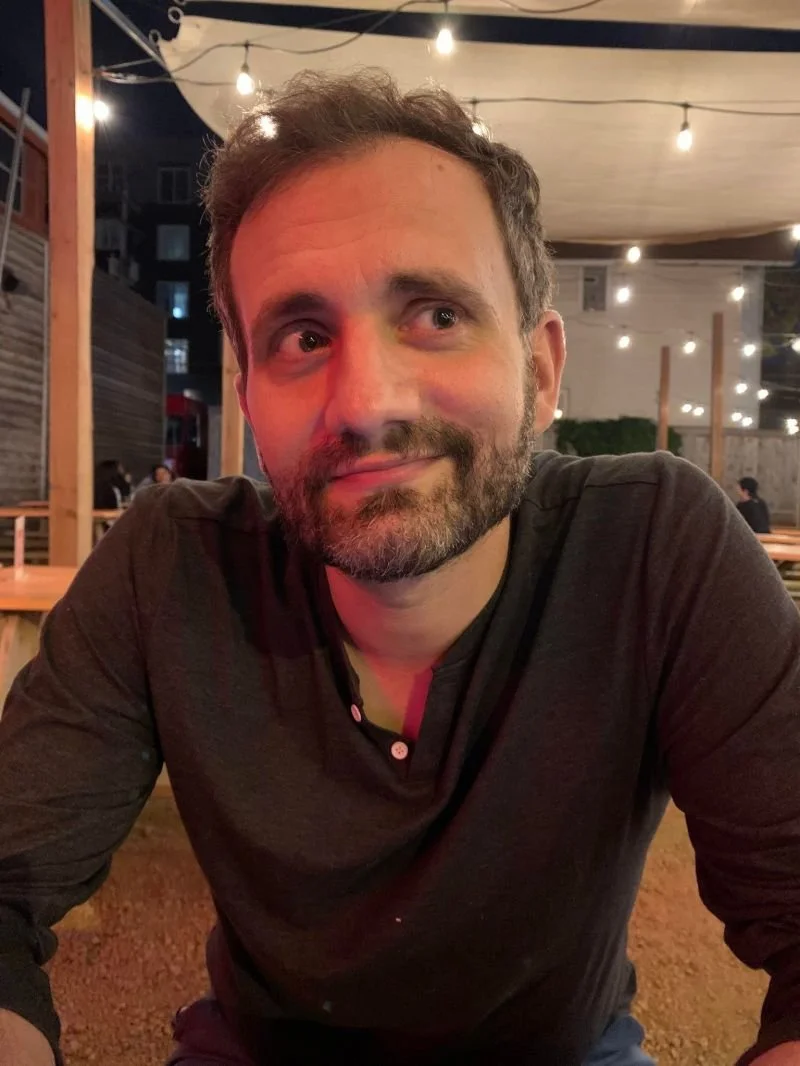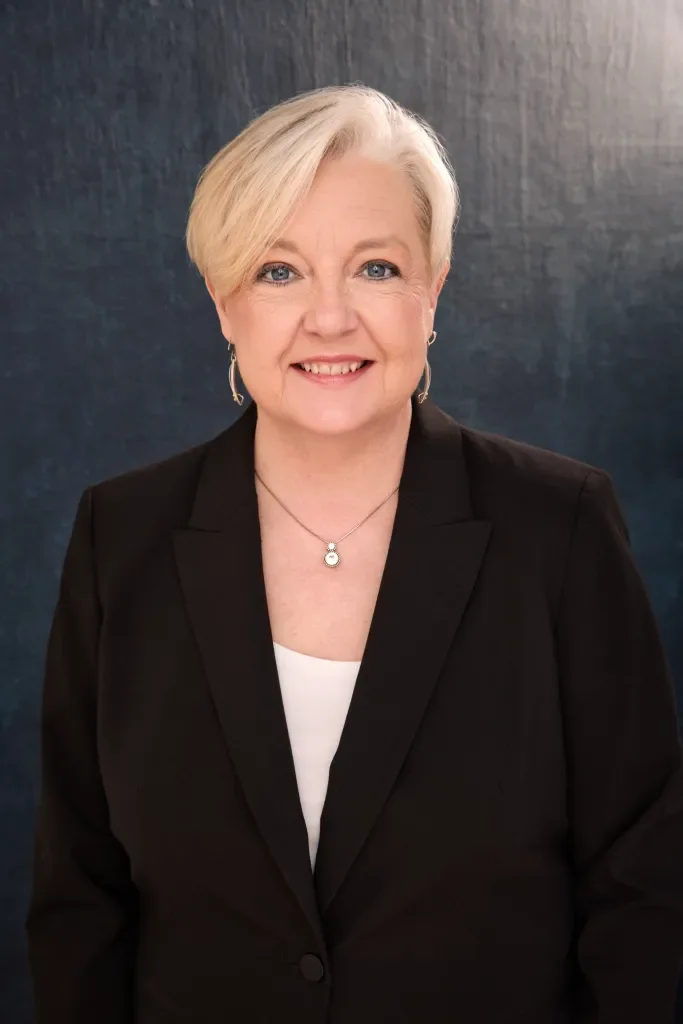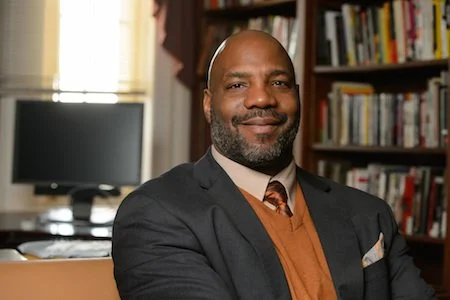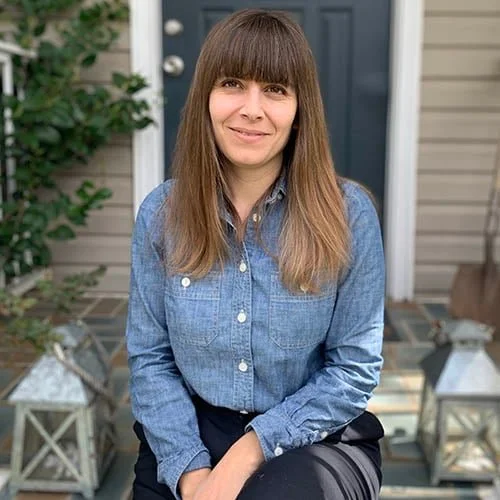Episode 177: The Quiet Crisis in America's Creeks with Dr. Zachary Graham
This week Dr. Zackary Graham drops in to talk about one of America's most important environmental stewards--the crawfish--and why their disappearance should worry us all.
Dr. Zackary A. Graham is an evolutionary and behavioral ecologist who studies crayfish diversity. The goal of his research is to untangle the ecological and evolutionary complexities that have led crayfishes to be amongst the most successful freshwater animals within the Eastern United States and beyond. He is the author of an upcoming popular science book (available 1/6/26) on crayfish entitled Crayfish, Crawfish, Crawdad: The Biology and Conservation of North America's Favorite Crustaceans published by UNC Press.
Episode 176: Multipass to the Past: The Wild Origins of The Fifth Element with Julia Troche and Matt Szafran
Egyptologists Dr. Julia Troche and Matt Szafran join in this week to talk about the history behind The Fifth Element and how the anxieties of the 90s are reflected in Luc Besson's campy space opera.
Dr. Julia Troche is an Egyptologist and Associate Professor of History. In 2022 she was awarded her university's highest teaching award followed by the Missouri Governor's Award for Education Excellence. She is committed to advocating for students, early career scholars, and contingent faculty, and fostering inclusive spaces for learning about the ancient world. She is dedicated to the university Public Affairs mission, evinced by her numerous Service-Learning courses, public lectures, and community engagements, such as co-curating with Bryan Brinkman and student input an exhibition of antiquities at the Springfield Art Museum (Ancient Artifacts Abroad, spring 2024).
Julia's areas of instruction and research include social history, religion, archaeology, digital humanities, and reception studies of antiquity. Julia received her PhD from Brown University's Department of in Egyptology & Assyriology in 2015, and her BA in History from UCLA in 2008. She serves as Committee Chair (2024-2027) for her field’s annual, international conference (the American Research Center in Egypt Annual Meeting) and as co-chair (2023-2026) for the Archaeology of Egypt sessions at the Annual Meeting of the American Society of Overseas Research.
Julia is an active member of her field, sitting on numerous international, national, and regional Boards and committees. Since 2022, she is a membership-elected Governor on the American Research Center in Egypt’s Board of Governors (a 501c3 non-profit, cultural institution in Egypt; www.arce.org). She co-founded both the ARCE, Missouri Chapter (Past President and Vice President, current Director focusing on Finance) and the annual Missouri Egyptological Symposium. She attended the HERS Leadership Institute in 2024 for women leaders in higher education (hersnetwork.org). She has served her campus community since arriving here in 2017 as a Bear Bridge mentor (2023, Outstanding Bear Bridge Faculty Mentor award), Safe-Zone Faculty Advisor, Advisor for the Ancient Worlds Club, Co-Advisor for History Club, and supporting her department through extensive service, including—at various times—chairing Undergraduate Committee and Personnel Committee, sitting on about three-dozen MA committees, serving on five search committees (chairing two), and serving as a past Faculty Senate and College Council department representative.
Matt Szafran is an independent researcher specialising in the study of ancient tools and technologies. He is a Fellow of the Royal Anthropological Institute and Trustee of the Friends of the Petrie Museum. His current research focusses on the manufacture and use of stone palettes in Predynastic Egypt, using experimental archaeology and advanced imaging technologies, such as microscopy and Reflectance Transformation Imaging (RTI) to complement textual studies. Matt has published and lectured on this topic, and is currently incorporating this research into a book discussing the design, manufacture, and possible uses of Predynastic palettes. His research interests also include the popular perception, reception, and representation of Egypt depicted in mass media, in particular late 20th and 21st century movies and television.
Episode 175: When Harry Met Sally with Kathleen Sheppard and Thomas Lecaque
This week Kate Sheppard and Thomas Lecaque drop in to talk about the greatest romcom of all time.
Dr. Kathleen Sheppard earned her PhD in History of Science from the University of Oklahoma in 2010. After a post-doctoral teaching fellowship at the American University in Cairo, she arrived at Missouri S&T in the fall of 2011. She teaches mainly survey courses on modern Western Civilizations, which is arguably one of the most important courses students in 21st century America can take. Her main focus is on the history of science from the ancient Near East to present day Europe, United States, and Latin America. She has taught courses on the history of European science and Latin American science, as well as a seminar on women in the history of science.
Sheppard’s research focuses on 19th and 20th century Egyptology and women in the field. Her first book was a scientific biography of Margaret Alice Murray, the first woman to become a university-trained Egyptologist in Britain (Lexington, 2013). Murray’s career spanned 70 years and over 40 publications. Sheppard is also the editor of a collection of letters between Caroline Ransom Williams, the first university-trained American Egyptologist, and James Breasted from the University of Chicago (Archaeopress, 2018). Sheppard’s monograph, Tea on the Terrace, is about hotels in Egypt as sites of knowledge creation in Egyptology during the discipline’s “Golden Age,” around 1880 to 1930.
Women in the Valley of the Kings: The Untold Story of Women Egyptologists in the Gilded Age was published in July 2024. It has been reviewed in the New York Times, the Wall Street Journal, and was a top 6 Reader’s Choice non-fiction book on Goodreads.
Dr. Thomas Lecaque is an Associate Professor of History at Grand View University. He has a Ph.D. in Pre-Modern European History from the University of Tennessee, an M.A. in English with a focus on Old English and Anglo-Norman literature from Truman State University, and a B.A. (also from Truman) in History with minors in Philosophy & Religion and English.
His dissertation, "The Count of Saint-Gilles and the Saints of the Apocalype: Occitanian Culture and Piety in the Time of the First Crusade," examined the importance of distinct regional identities in the performance of the First Crusade, focusing specifically on the territories controlled by and formative to Raymond of Saint-Gilles, Count of Toulouse, Duke of Narbonne, and Marquis of Provence. The unique cultural, religious, and political aspects of Occitania shaped the way the Provencal contingent on the First Crusade went about organizing, performing, and understanding crusading; the difference between Occitanian regions also helps us to understand the way Raymond of Saint-Gilles and Raymond d'Aguiliers perceive their actions and the role of the Holy Lance. This work offers a new vision of the First Crusade, one where universal motivations are less important than the specific regional identities of each crusading contingent.
His research has moved on to looking at the same language of religious violence and apocalypticism and its impact on other time periods and events. His current project looks at the rhetoric of holy war across languages and denominations in the wars of empire between England and France and numerous Native polities in the northeastern section of the United States. He also works on expressions of these sentiments in contemporary America, largely via public essays in places like The Washington Post, Foreign Policy, The Bulwark, Religious Dispatches, and the History News Network.
Episode 174: How the Outdoor Industry Sold Nature to America with Dr. Rachel Gross
This week Dr. Rachel Gross drops in to explain the rise of outdoor goods manufacturers and how they sold us on going outside.
Rachel Gross is an environmental, cultural, and public historian specializing in the history of the modern U.S. Her research and teaching interests center on business, consumer culture, and gender, and she is especially interested in what seemingly ordinary consumer goods tell us about identity and power. She teaches courses on capitalism, commodities, women and gender, and public history.
Episode 173: Is Hamburger Hill the greatest war film we ever forgot? With John McManus and Waitman Beorn
This week historians John McManus and Waitman Beorn drop in to talk about the history behind Hamburger Hill, arguably the greatest war film we ever forgot.
John C. McManus is Curators’ Distinguished Professor of U.S. military history at the Missouri University of Science and Technology (Missouri S&T). This professorship is bestowed by the University of Missouri Board of Curators on the most outstanding scholars in the University of Missouri system. McManus is the first ever Missouri S&T faculty member in the humanities to be named Curators’ Distinguished Professor. As one of the nation’s leading military historians, and the author of fifteen well received books on the topic, he is in frequent demand as a speaker and expert commentator. In addition to dozens of local and national radio programs, he has appeared on Cnn.com, Fox News, C-Span, the Military Channel, the Discovery Channel, the National Geographic Channel, Netflix, the Smithsonian Network, the History Channel and PBS, among others. He also served as historical advisor for the bestselling book and documentary Salinger, the latter of which appeared nationwide in theaters and on PBS’s American Masters Series. During the 2018-2019 academic year, he was in residence at the U.S. Naval Academy as the Leo A. Shifrin Chair of Naval and Military History, a distinguished visiting professorship. His current project is a major three volume history of the U.S. Army in the Pacific/Asia theater during World War II. He is the host of two podcasts, Someone Talked! in tandem with the National D-Day Memorial, and We Have Ways of Making You Talk in the USA alongside Al Murray and James Holland.
Dr. Waitman Wade Beorn is an associate professor in History at Northumbria University in Newcastle-upon-Tyne, UK. Dr. Beorn was previously the Director of the Virginia Holocaust Museum in Richmond, VA and the inaugural Blumkin Professor of Holocaust and Genocide Studies at the University of Nebraska-Omaha. His first book, Marching Into Darkness: The Wehrmacht and the Holocaust in Belarus (Harvard University Press) Dr. Beorn is also the author of The Holocaust in Eastern Europe: At the Epicenter of the Final Solution (Bloomsbury Press, 2018) and has recently finished a book on the Janowska concentration camp outside of Lviv, Ukraine. That book Between the Wires: The Janowska Camp and the Holocaust in Lviv was released in August 2024 from Nebraska University Press. Between the Wires was recognised as a Finalist for the National Jewish Book Award in the United States.
He is currently on research leave thanks to an AHRC Research, Development, and Engagement Fellowship. This fellowship supports his work on a project entitled Visualizing Janowska: Creating a Digital Architectural Model of a Nazi Concentration Camp. This interdisciplinary project will build a digital reconstruction of the Janowska concentration camp based on historical sources as most of the site is gone today. Dr. Beorn is managing a team of architects and digital modellers to accomplish this and is partnered with the Holocaust Education Trust, the Wiener Holocaust Library, the Lviv Center for Urban History, the Duke Digital Art History and Visual Culture Lab, and the Holocaust Center North.
Dr. Beorn has published work in Holocaust and Genocide Studies, Central European History, German Studie
Episode 172: The Making, Meaning, and Myths of Mount Rushmore with Matthew Davis
This week author Matthew Davis drops in to talk about the complex history and significance of Mount Rushmore, including its ties to the Lakota people, the role of Gutzon Borglum, and the evolving meaning of the monument in contemporary society. We also dig in on the misconceptions surrounding Rushmore, the importance of indigenous perspectives, and the future of the site in terms of stewardship and representation.
Matthew Davis is a writer who lives in Washington, D.C. He is the author of When Things Get Dark: A Mongolian Winter’s Tale and the founder of the Cheuse Center for International Writers at George Mason University. His new book, A Biography of a Mountain: The Making and Meaning of Mount Rushmore, is available everywhere.
Episode 171: Sahara: The Franchise That Wasn’t
Sahara had everything going for it: a big cast led by ultra hot actors Matthew McConaughey and Penelope Cruz, a devoted fan base of author Clive Cussler’s novels, and a big budget courtesy of Disney. And then it came out and flopped. But that doesn’t mean it’s still not fun and it doesn’t mean that we can’t have real conversations about history. In fact, the movie gives us the perfect opportunity to talk about artifact recovery and repatriation. Joining me today are Colin Colbourn and Derek Abbey from Project Recover, a nonprofit group dedicated to searching for and locating American MIAs and POWs from conflicts around the world. this is a cool conversation about both the movie and the process of bringing American soldiers home.
Dr. Colin Colbourn is Project Recover’s Lead Historian and a Postdoctoral Researcher with the University of Delaware. Since 2016, he has managed historical operations including archival research, data management, case analysis, and field investigations. Through these efforts, Project Recover has developed a massive internal archive comprised of thousands of historical reports, maps, and images.
Dr. Derek Abbey spent 23 years in the United States Marine Corps, serving as an enlisted Marine and an officer, both on the ground and in the air. This included serving as an F/A-18 aviator and in the special operations community. He conducted multiple deployments in the Hornet and holds more combat time in the jet than in peaceful skies. Additionally, he is a plank holder at 1st Raider Battalion and Marine Special Operations Company Delta.
He has been a member of Project Recover for 20 years and currently serves as the President and Chief Executive Officer. Project Recover searches for Americans missing in action (MIA) from our nation’s previous conflicts with the intention of providing answers and closure to Gold Star Families and helping to heal the wounds of war.
Since retiring from the Marine Corps in 2014, Derek has remained committed to serving the military population in a number of capacities. These not only include Project Recover, but also working extensively with military in higher education at San Diego State University and University of San Diego, as well as several military-connected nonprofits.
Derek is an avid outdoorsman. He believes that spending time in the outdoors and nature while maintaining a hardy lifestyle are key elements to physical and mental health. He strives to spend time in the outdoors on a daily basis. This includes trail running, hiking, camping, spending time on the river in multiple ways, birding, snowboarding, snowshoeing, and more.
He studied history at Oregon State University for his undergraduate education while he was an active duty Marine. He holds an M.A. in Higher Education Leadership and a Ph.D. in Leadership Studies from the University of San Diego. Additionally, he holds a credential from Stanford University in Non-Profit Executive Leadership and is a 2019 President George W. Bush Scholar.
He was raised in and around Seattle and today lives in Bend, Oregon, with his wife, Michelle.
Episode 170: The Founder of the American West You've Never Heard Of
This week Max Perry Mueller drops in to talk about Wakara, a Ute man who shaped the modern American West. We also talk about the complexities of Native American identity, the impact of Manifest Destiny, and the ethical considerations in writing Native history. Max also highlights the importance of cultural exchange, environmental stewardship, and the ongoing struggles for repatriation and rematriation of Indigenous remains.
Max Perry Mueller (PhD, Harvard University) is an associate professor in the Department of Classics and Religious Studies. He is also a fellow at the Center for Great Plains Studies and teaches in the Department of History, the Honors Program, and the Global Studies program.
Mueller is a theorist and historian of race and religion in American history, with particular interest in Indigenous and African-American religious experiences, epistemologies, and cosmologies. The central animating question of his scholarship is how the act of writing—especially the writing of historical narratives—has affected the creation and contestation of "race" as a category of political and religious division in American history.
His first book, Race and the Making of the Mormon People (The University of North Carolina Press, 2017), examines how the three original American races—"red," "black," and "white"—were constructed as literary projects before these racial categories were read onto bodies of Americans of Native, African, and European descent. Choice described Race and the Making of the Mormon People as an "outstanding analysis of the role of race among Mormons." The book was featured in The Atlantic and Harvard Divinity School Bulletin and has been taught at, among others, Princeton, Harvard, and Stanford Universities. His next book, Wakara's America, will be the first full-length biography of the complex and often paradoxical Ute warrior chief, horse thief, slave trader, settler colonist, one-time Mormon, and Indian resistance leader.
Mueller's research and teaching also connect with his public scholarship. Mueller has written on religion, race, and politics for outlets including Slate, The New Republic, and The Atlantic. He also co-founded Religion & Politics, the online journal of the John C. Danforth Center on Religion & Politics at Washington University in St. Louis, whose mission is to bring the best scholarship on religion and American public life to audiences beyond the academy.
Episode 169: Is Pompeii the best bad movie/good history ever made?
2014's Pompeii is all over the place. Designed to be a Roman apocalypse story with a star making turn by Game of Thrones' Kit Harrington, Pompeii fizzled at the box office. But strangely, it's a phenomenal film to talk about the Roman empire and the eruption of Mount Vesuvius. Historian and archaeologist Dr. Steven Tuck joins in to talk everything this film gets right and wrong about Roman history. Easily one of our best episodes ever.
Steven L. Tuck is a professor of classics, who is currently head of classics at Miami University. He teaches many classics courses at Miami University, especially those relating to the arts.He received a Ph.D. in Classical Art and Archaeology from University of Michigan in 1997, and he is the author of the textbook A History of Roman Art. In addition to his teaching, he has lectured the general public at Classics at the University of Colorado Boulder, Yale University, the University of Puget Sound, Baylor University and for the Getty Villa. He has also appeared in the media discussing classics, including in a 2019 feature for Atlas Obscura on the eruption of Mount Vesuvius in 79 C.E. and its impact on refugees and migration in the ancient world. For the Vergilian Society, he managed the Villa Vergiliana in Cumae, and organized educational programs there. He is also the author of the brand new book Escape from Pompeii: The Great Eruption of Mount Vesuvius and Its Survivors.
Episode 168: How Colorado Springs became the epicenter of evangelical capitalism with Will Schultz
How did a small town south of Denver emerge as the center of evangelical capitalism after World War II? Historian Dr. William Schultz explains how evangelicals' faith intertwined with a specific interpretation of Americanism, especially during the Cold War era, and how this allowed them to transition from the margins of society to the epicenter of conservative dialogue.
William Schultz is a historian of American religion with an interest in the intersection of religion, politics, and capitalism. Schultz is currently finishing his first book, Jesus Springs: Evangelical Capitalism and the Fate of an American City (under contract with UNC Press), which explains how the confluence of evangelical Christianity and free-market capitalism transformed the city of Colorado Springs into an epicenter of American conservatism. His next project, The Wages of Sin: Faith, Fraud, and Religious Freedom in Modern America, uses cases of financial fraud between the 1920s and 1990s to explore how Americans have struggled with questions of religious authority and authenticity. Prior to joining the University of Chicago, Schultz was a postdoctoral fellow at the University of Pennsylvania and a faculty fellow at Harvard University. He received his B.A. from the University of North Carolina and his Ph.D. from Princeton University.
Episode 167: Ken Burns' The American Revolution (Historians' Commentary)
It's a special podcast here at Reckoning. Early American historians Dr. Liz Covart, Dr. Michael Hattem, and Dr. Craig Bruce Smith joined me to live stream Ken Burns' new series The American Revolution and answer questions from people around the world. It's kind of like a Director's Commentary, only if the director was actually four people with degrees in history. This was a blast.
Dr. Liz Covart is a historian of the American Revolution, and the creator and host of the award-winning podcast Ben Franklin’s World. In 2022, she co-founded Clio Digital Media, a 501(c)(3) nonprofit organization that uses digital media to foster better, more robust understandings of history. And in 2026, she will launch Scholar.DIY, a public benefit company that empowers scholars to transform their expertise into compelling digital stories— building trust, promoting media literacy, and strengthening democracy along the way.
Dr. Michael Hattem is an American historian, with interests in early America, the American Revolution, and historical memory. He received his PhD in History at Yale University and has taught at The New School and Knox College. He is the author of The Memory of ’76: The Revolution in American History (Yale University Press, 2024), which was a finalist for the 2025 George Washington Prize, and Past and Prologue: Politics and Memory in the American Revolution (Yale University Press, 2020). He is currently the Associate Director of the Yale-New Haven Teachers Institute.
Hattem’s work has been featured or mentioned in The New York Times, TIME magazine, The Smithsonian Magazine, the Washington Post, as well as many other mainstream media publications and outlets. He has served as a historical consultant or contributor for a number of projects and organizations, curated historical exhibitions, appeared in television documentaries, and authenticated and written catalogue essays for historical document auctions.
Dr. Craig Bruce Smith is a professor of history at National Defense University in the Joint Advanced Warfighting School (JAWS) in Norfolk, VA. He authored American Honor: The Creation of the Nation’s Ideals during the Revolutionary Era, Securing Victory 1781-1783 (out soon), and co-authored George Washington’s Lessons in Ethical Leadership. Smith earned his PhD in American history from Brandeis University. Previously, he was an associate professor of military history at the U.S. Army School of Advanced Military Studies (SAMS), an assistant professor of history, and the director of the history program at William Woods University, and he has taught at additional colleges, including Tufts University.
He specializes in American Revolutionary and early American and military history, specifically focusing on George Washington, honor, ethics, war, the founders, transnational ideas, and national identity. In addition, he has broader interests in colonial America, the early republic, leadership, and early American cultural, intellectual, and political history. Smith was named a Jack Miller Center Scholar in 2025 and also serves as a member of their History Advisory Council. He is also the co-host of National Defense University's JAWbone podcast.
Episode 166: Apollo 13 with Jeffrey Kluger
Houston, we have a podcast. Today, Apollo 13 author Jeffrey Kluger drops in to talk about the Apollo missions, what really made it on the film, and his new book, Gemini: Stepping Stone to the Moon, the Untold Story.
Jeffrey Kluger, editor at large, oversees TIME's science and technology reporting. He has written or co-written more than 40 cover stories for the magazine and regularly contributes articles and commentary on science, behavior and health. Kluger is the co-author, with astronaut Jim Lovell, of Lost Moon: The Perilous Voyage of Apollo 13, which was the basis of the Apollo 13 movie released in 1995. He is the sole author of seven other books, including The Sibling Effect, published in 2011, and two novels for young adults. Other books include Splendid Solution, published in 2006, which tells the story of Jonas Salk and the polio vaccine; and the 2008 Hyperion release Simplexity: Why Simple Things Become Complex (and Why Complex Things Can Be Made Simple). Before joining TIME, Kluger was a staff writer for Discover magazine, where he wrote the "Light Elements" humor column, and he was also an editor for the New York TimesBusiness World Magazine, Family Circle and Science Digest.Kluger, who is also an attorney, has taught science journalism at New York University.
Episode 165: How the United States failed Puerto Rico with Ed Morales
Puerto Rico is the oldest colony in the world, something that must change, says Ed Morales. Today Ed drops in to talk about the history of Puerto Rico, the Puerto Rican diaspora, and how colonialism has hurt the island over the last 500 years.
Ed Morales is an author and journalist who has written for The Nation, The New York Times, The Washington Post, Rolling Stone, and the Guardian. He was staff writer at The Village Voice and columnist at Newsday. He is the author of Fantasy Island: Colonialism, Exploitation, and the Betrayal of Puerto Rico (Bold Type Books), Latinx: The New Force in Politics and Culture (Verso Books 2018), The Latin Beat (Da Capo Press 2003) and Living in Spanglish (St. Martins 2002). In 2019 Latinx was shortlisted for the Nayef Al-Rodhan Prize for Global Cultural Understanding by the British Academy in London. In 2009, while a Columbia University Revson Fellow, Morales wrote and directed Whose Barrio? (2009) an award-winning documentary about the gentrification of East Harlem. The film was inspired by “Spanish Harlem on His Mind,” an essay published in The Best of the City Section of the New York Times (NYU Press 2005). Morales is also a 2022-23 Mellon Bridging the Divides Fellow at the Center for Puerto Rican Studies in New York.
Episode 164: Archie Bunker for President with Oscar Winberg
This week historian Oscar Winberg joins in to talk about the origins of All In The Family and how the politics of the 1970s were filtered through television's biggest show.
Dr. Oscar Winberg is a postdoctoral fellow at the Turku Institute for Advanced Studies and the John Morton Center for North American Studies at the University of Turku working on modern political history and mass media. He holds a PhD in history from Åbo Akademi University.
In the United States, he is affiliated with the American Political History Institute at Boston University where he has been fortunate to spend time as a visiting researcher. His work has appeared in PS: Political Science & Politics, European Journal of American Studies, Finsk Tidskrift, Lähikuva, and Wider Screen, as well as popular publications, including The Washington Post, Svenska Dagbladet, Helsingin Sanomat, and Hufvudstadsbladet.
He is a regular analyst of American politics and culture for various media outlets in Finland and Scandinavia.
Episode 163: The American Revolution and the Fate of the World with Richard Bell
Have you ever wondered what else was happening during the American Revolution? It turns out that the conflict was waged far beyond the shores of North America. Historian Richard Bell joins in today to talk about the unexpected participants in and ramifications of the American Revolution across the globe.
Richard Bell received his PhD from Harvard University and his BA from the University of Cambridge. His research interests focus on American history between 1750 and 1877 and he welcomes enquiries from graduate students working in this period. Visit his website. Download his CV.
Bell’s most recent book is The American Revolution and the Fate of the World. Published by Penguin/Riverhead in 2025, it received starred reviews from Publisher’s Weekly, Library Journal, and Kirkus Reviews. It reveals the full breadth and depth of America’s founding event. The American Revolution was not only the colonies’ triumphant liberation from the rule of an overbearing England; it was also a cataclysm that pulled in participants from around the globe and threw the entire world order into chaos. Repositioning the Revolution at the center of an international web, this narrative ranges as far afield as India, Africa, Central America, and Australia. As Bell's lens widens, the “War of Independence” manifests itself as a sprawling struggle that upended the lives of millions of people on every continent and fundamentally transformed the way the world works, disrupting trade, restructuring penal systems, stirring famine, and creating the first global refugee crisis. Bell conveys the impact of these developments at home and abroad by grounding the narrative in the gripping stories of individuals—including women, minorities, and other disenfranchised people. The result is an unforgettable and unexpected work of American history that shifts everything we thought we knew about our creation story.
Bell is the recipient of more than a dozen teaching awards, including the University System of Maryland Board of Regents Faculty Award for Excellence in Teaching, the highest honor for teaching faculty in the Maryland state system. He is also one of the conveners of the Washington Area Early American Seminar, a member of the Board of Trustees of the Maryland Center for History and Culture, an elected member of the Massachusetts Historical Society and the Colonial Society of Massachusetts, and a fellow of the Royal Historical Society. On campus, Bell serves as Chair of the UMD United Kingdom Fellowships Committee and was a founding member of The 1856 Project. He lives in University Park, MD, with his wife and two daughters.
Episode 162: The Cutting Edge with Paul Gagliardi and Dart Adams
Toe pick! If you don't love The Cutting Edge, something is seriously wrong with you. This week Dart Adams and Paul Gagliardi drop in to talk about the history behind the 1992 cult classic and why we love it so damn much.
Dart Adams is a historian, journalist and a lecturer from Boston, MA. His work has appeared in various online & print publications including Complex, NPR, Mass Appeal, Okayplayer, DJ Booth, Hip Hop Wired, The Urban Daily, The Vinyl Factory, uDiscover Music, Urban Legends, LEVEL, Ebony, Rock The Bells, Andscape (ESPN), Bay State Banner, Boston Globe Magazine, and Boston Magazine. He's also the owner/operator of independent imprint label Producers I Know/Fat Beats and host of Dart Against Humanity and the Boston Legends Podcast.
Dr. Paul Gagliardi is an associate teaching professor at Marquette University. His primary fields of research are twentieth-century American cultural studies, drama and performance studies, labor studies, and film studies. And his research focuses on the intersection between economic calamity, theories of work and labor, and the performative art people produce during eras like the Great Depression. In his courses, he emphasizes understanding the historical, social, and cultural context of texts, but also now our contemporary readings problematize literature. He also fosters interdisciplinary dialogue between all fields in his courses, and supports students with both their academic and professional goals.
His book, All Play and No Work: American Work Ideals and the Comic Plays of the Federal Theatre Project (Temple University Press, 2023), examines how select comedies produced by the federal government during the Great Depression portrayed complicated norms of working and labor. I argue that many plays actually subverted norms of traditional labor or promoted alternative forms of working to audiences during the 1930s. My writing on the Federal Theatre Project and other subjects, such as confidence artists and literature or other theater studies, has appeared in such outlets as Journal of American Drama and Threatre, Middle West Review, and Howlround, and I have a forthcoming chapter on portrayals of unions in pro wrestling. My current research project examines the cultural history of ice-skating shows in the United States and Canada in the 20th Century, focusing on how shows like the Ice Follies and Ice Capades intersected with sports and theater, as well as how they promoted and challenged gender norms.
Episode 161: Three Decades and a Bottle of Wine with Dr. Karen Cox
This week legendary historian Dr. Karen Cox drops in to talk about her life, her work, and advise for historians and students as we enter this new era.
Karen L. Cox is an award-winning historian and a Distinguished Lecturer for the Organization of American Historians. She is the author of four books, the editor or co-editor of two volumes on southern history and has written numerous essays and articles, including an essay for the New York Times best seller Myth America: Historians Take on the Biggest Legends and Lies About Our Past. Her books include Dixie’s Daughters: The United Daughters of the Confederacy and the Preservation of Confederate Culture, Dreaming of Dixie: How the South Was Created in American Popular Culture, Goat Castle: A True Story of Murder, Race, and the Gothic South, and most recently, No Common Ground: Confederate Monuments and the Ongoing Fight for Racial Justice, which was published in April 2021 and won the Michael V.R. Thomason book prize from the Gulf South Historical Association.
A successful public intellectual, Dr. Cox has written op-eds for the New York Times, the Washington Post, CNN, TIME magazine, Publishers Weekly, Smithsonian Magazine, and the Huffington Post. She has given dozens of media interviews in the U.S. and around the globe, especially on the topic of Confederate monuments. She appeared in Henry Louis Gates’s PBS documentary Reconstruction: America after the Civil War, Lucy Worsley’s American History’s Biggest Fibs for the BBC, and the Emmy-nominated documentary The Neutral Ground, which examines the underlying history of Confederate monuments.
Cox is a professor emerita of history at the University of North Carolina at Charlotte where she taught from 2002-2024. She is currently writing a book that explores themes of the Great Migration, the Black press, and early Chicago jazz through the forgotten tragedy of the Rhythm Club fire, which took the lives of more than 200 African Americans in Natchez, Mississippi, in 1940.
You can follow her on Bluesky @DrKarenLCox.bsky.social
Blog at WordPress.com.
Episode 160: A new George Washington Movie is coming your way with Dr. Craig Bruce Smith
Dr. Craig Bruce Smith and I break down the trailer for the upcoming film, Young Washington
Craig Bruce Smith is Professor of History at National Defense University in the Joint Advanced Warfighting School (JAWS) in Norfolk, VA. He authored American Honor: The Creation of the Nation’s Ideals during the Revolutionary Era and co-authored George Washington’s Lessons in Ethical Leadership.
Smith earned his PhD in American history from Brandeis University. Previously, he was an associate professor of military history at the U.S. Army School of Advanced Military Studies (SAMS), an assistant professor of history, and the director of the history program at William Woods University, and he has taught at additional colleges, including Tufts University. He specializes in American Revolutionary and early American history, specifically focusing on George Washington, honor, ethics, war, the founders, transnational ideas, and national identity. In addition, he has broader interests in colonial America, the early republic, leadership, and early American cultural, intellectual, and political history.
Episode 159: Jelani Cobb talks about Spielberg's Lincoln and the Promise of Black Freedom
This week Jelani Cobb drops in to talk about Steven Spielberg's Lincoln, what we don't see onscreen, the promise of Barack Obama, and the rise of Donald Trump. Plus, we preview his new book, Three or More is a Riot: Notes on How We Got Here, 2012-Present. This is a powerhouse episode.
Jelani Cobb joined the Columbia Journalism School faculty in 2016 and became Dean in 2022. He has been a staff writer at The New Yorker since 2015. He received a Peabody Award for his 2020 PBS Frontline film Whose Vote Counts? and was a finalist for the Pulitzer Prize in Commentary in 2018. He has also been a political analyst for MSNBC since 2019.
He is the author of The Substance of Hope: Barack Obama and the Paradox of Progress and To the Break of Dawn: A Freestyle on the Hip Hop Aesthetic. He is the editor or co-editor of several volumes including The Matter of Black Lives, a collection of The New Yorker’s writings on race and The Essential Kerner Commission Report. He is producer or co-producer on a number of documentaries including Lincoln’s Dilemma, Obama: A More Perfect Union, Policing the Police and THE RIOT REPORT.
Dr. Cobb was educated at Jamaica High School in Queens, NY, Howard University, where he earned a B.A. in English, and Rutgers University, where he completed his MA and doctorate in American History in 2003. He is also a recipient of fellowships from the Ford Foundation, the Fulbright Foundation and the Shorenstein Center at Harvard University’s Kennedy School of Government.
He currently serves on the Board of Directors of the American Journalism Project and the Board of Trustees of the New York Public Library. He received an Honorary Doctorate for the Advancement of Science and Art from Cooper Union in 2022, and an Honorary Doctorate of Letters from Rutgers University in 2024. York College / CUNY and Teachers College have honored Dr. Cobb with medals.
Dr. Cobb was elected to the American Academy of Arts & Sciences in 2023.
Episode 158: The Transformation of Hunting in the Modern South with Dr. Julia Brock
Dr. Julia Brock joins in to talk about how hunting transformed and was transformed by the Modern South. We talk about dimensions of race, class, and sex and how they informed land stewarship and environmental conservation in the early twentieth century and how those changes affect us today.
Dr. Julia Brock is Associate Professor of History at the University of Alabama.
